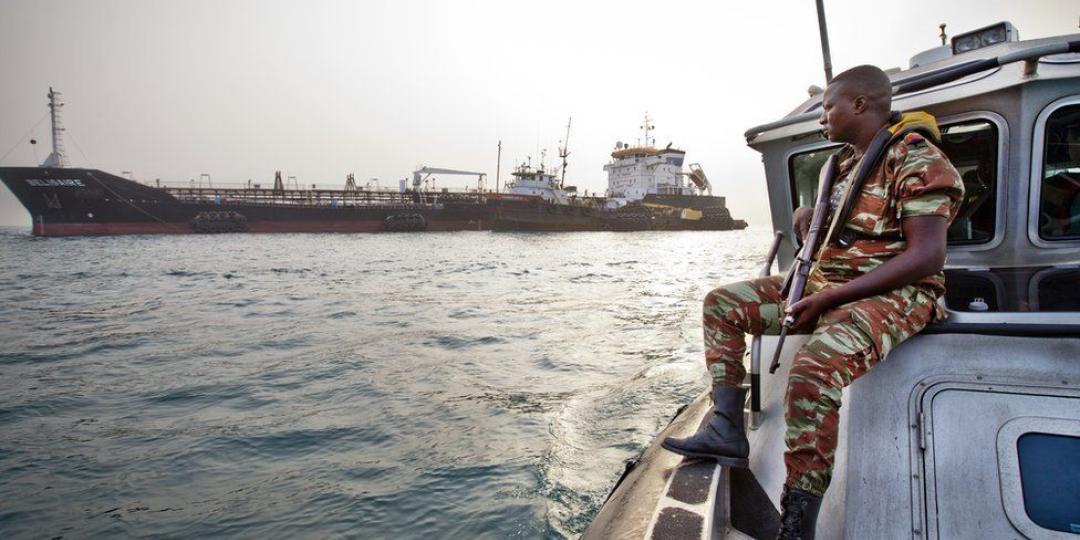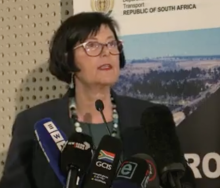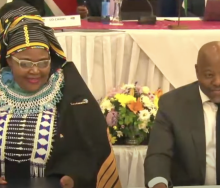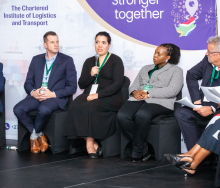The Gulf of Guinea has witnessed a steady decline in incidents of piracy and armed robbery at sea, but the decrease in these crimes could be attributable to a shift to crimes such as oil bunkering and theft.
This was the concern raised at the United Nations Security Council recently, where a senior official advised that more needed to be done to fully operationalise maritime security as speakers called for renewed action to tackle the root causes of piracy.
Assistant Secretary-General for Africa in the Departments of Political and Peacebuilding Affairs and Peace Operations, Martha Ama Akyaa Pobee, presented the Secretary-General’s report on piracy and armed robbery at sea in the Gulf of Guinea, which showed incidents had continued to decrease during the reporting period.
The report attributed the steady decline to concerted efforts by national authorities, with the support of regional and international partners, the regular deployment of naval assets by international partners, and piracy convictions in Nigeria and Togo in 2021. However, piracy in the Gulf had also morphed during the past decade, Pobee said, adding that the decline could be because criminal networks had shifted to other crimes, like oil bunkering and theft.
Pobee urged states in the Gulf of Guinea region, alongside the Economic Community of Central African States and the Gulf of Guinea Commission, to step up efforts to establish a stable maritime environment, including through the full operationalisation of the maritime security architecture as laid out in the Yaoundé Code of Conduct in 2013. However, she added that the Yaoundé Code of Conduct had faced challenges, including the lack of sustainable financing. She said its upcoming tenth anniversary would provide an opportunity to assess implementation and set out a strategic roadmap for the next decade.
Pobee warned that the battle against piracy was far from over.
“It is yet too soon to declare victory. We need to instead capitalise on the momentum and create a sustainable framework to protect the Gulf of Guinea from pirate groups and any criminal activity they may engage in,” Pobee said.
Florentina Adenike Ukonga, executive secretary of the Gulf of Guinea Commission, said the adoption of resolutions, combined with the political will of regional governments to take responsibility for securing the maritime domain of coastal states, and better funding for regional states’ navies and maritime security agencies, had led to a considerable decrease in acts of piracy in the Gulf of Guinea region.
“It is not, however, time to rest on our oars,” Ukonga said.
The threat of piracy has cost the region lives, stability, and more than $1.9 billion in financial losses annually.
Other crimes are ongoing in the region, which, while not having such visible effects on international maritime trade, have a greater impact on the economic well-being of regional governments.













